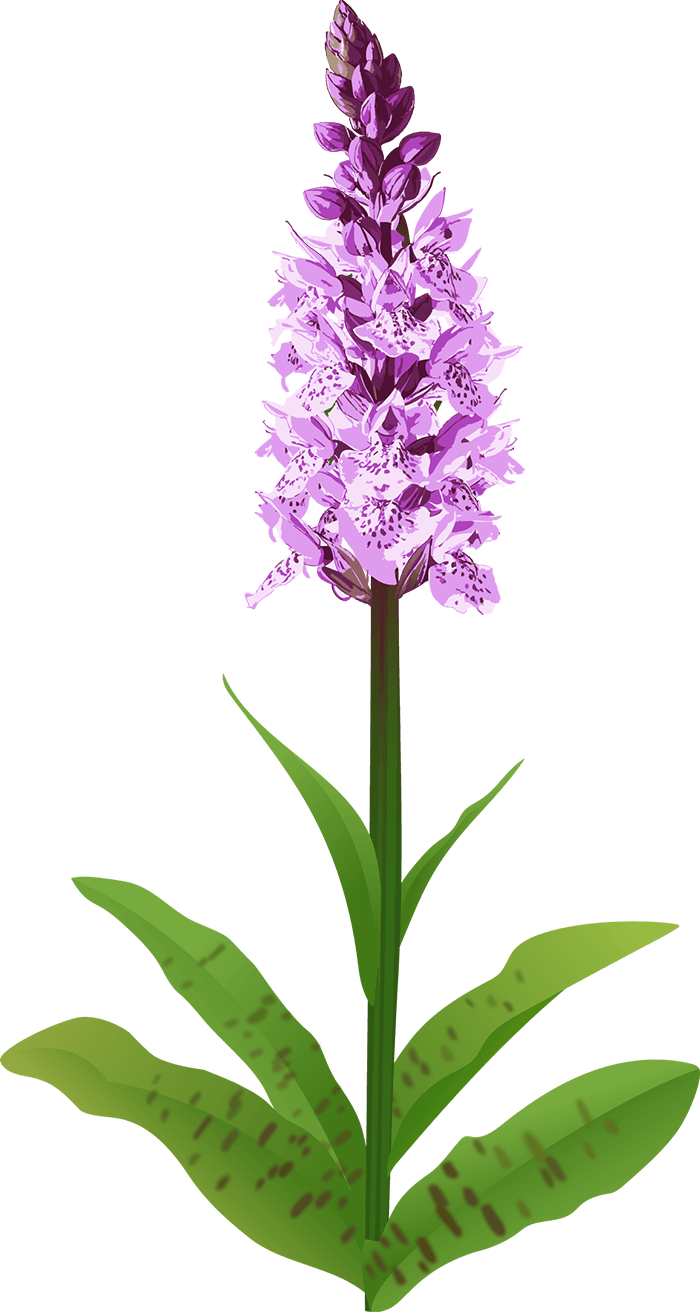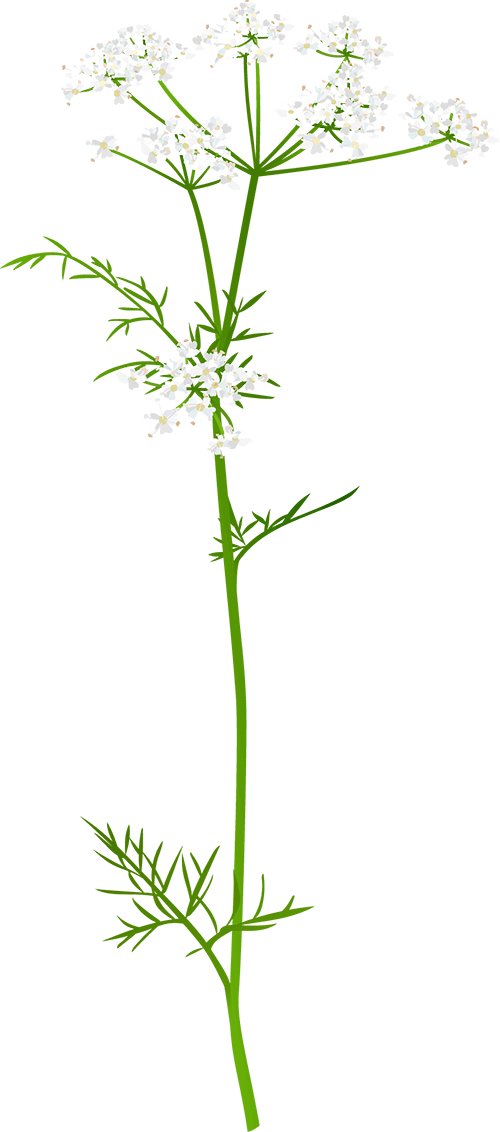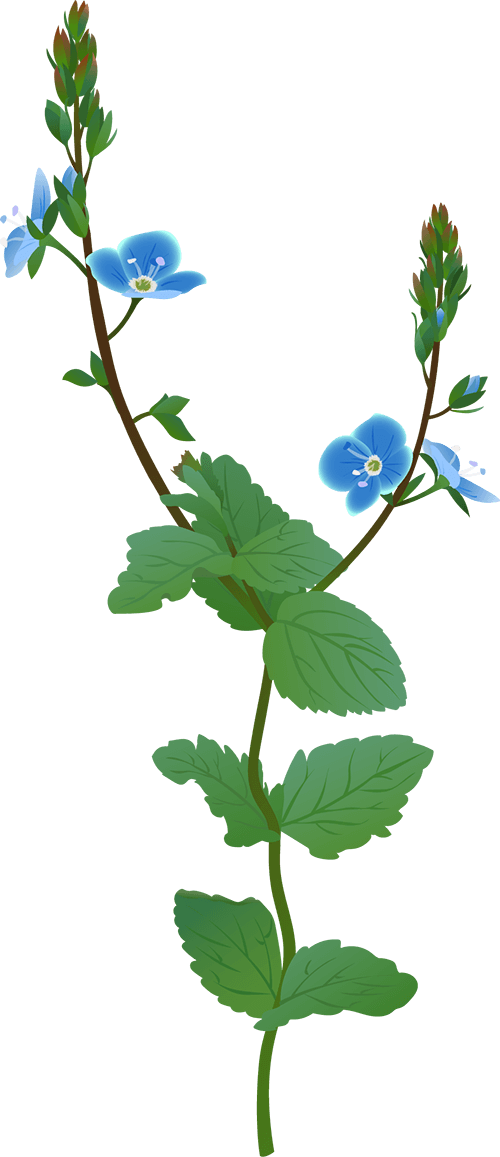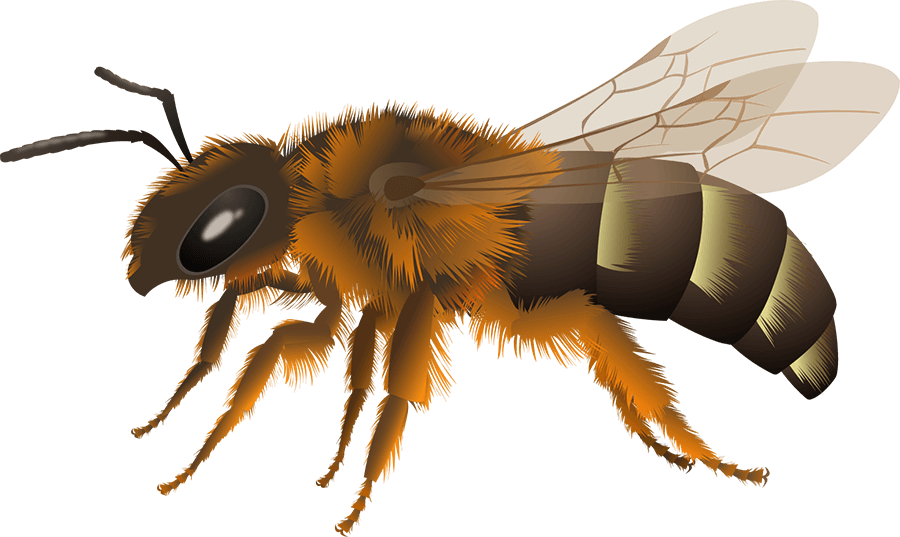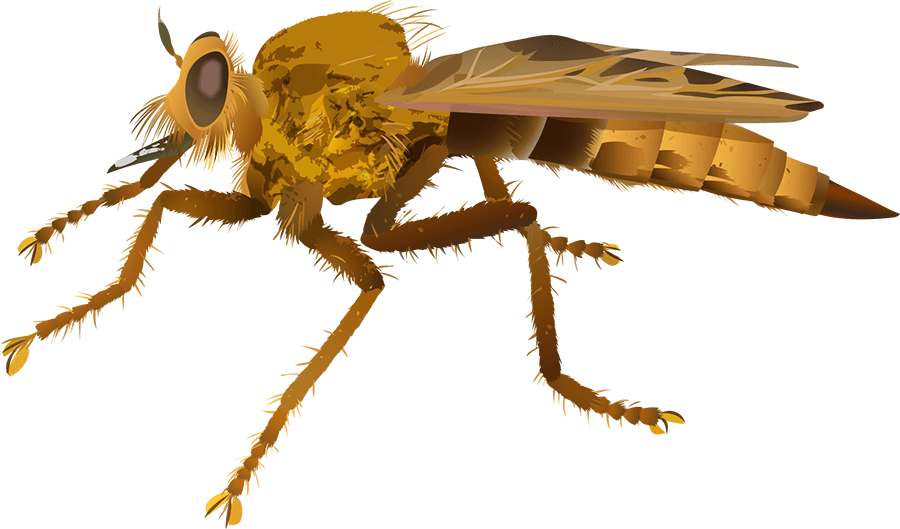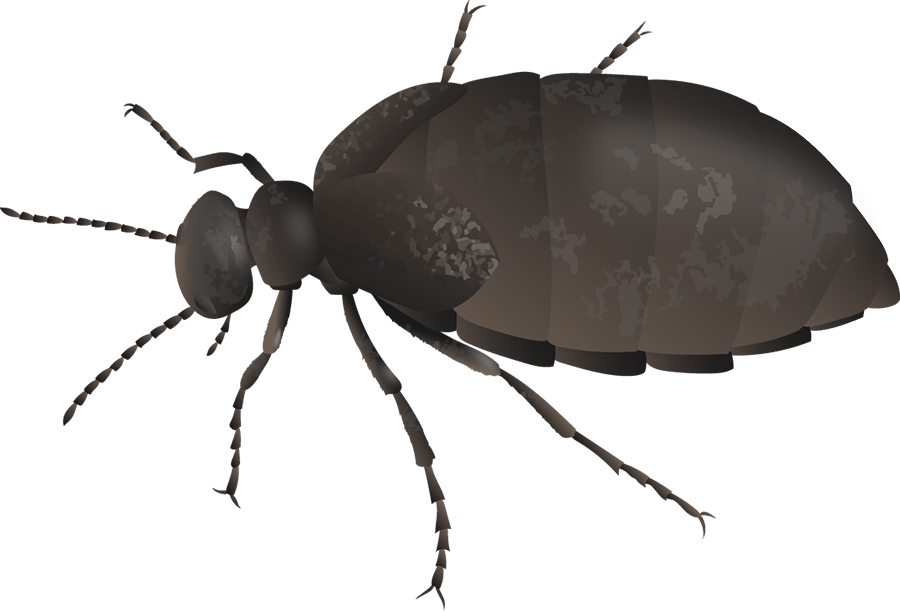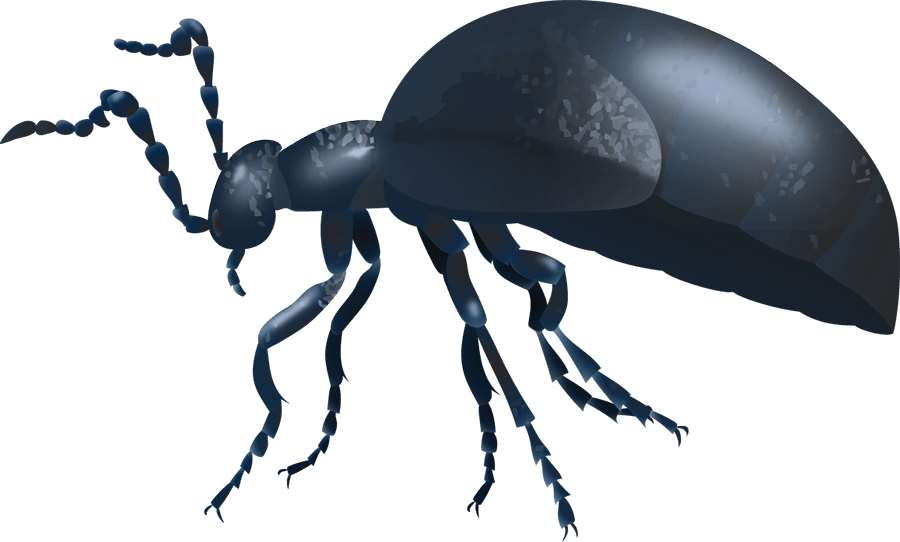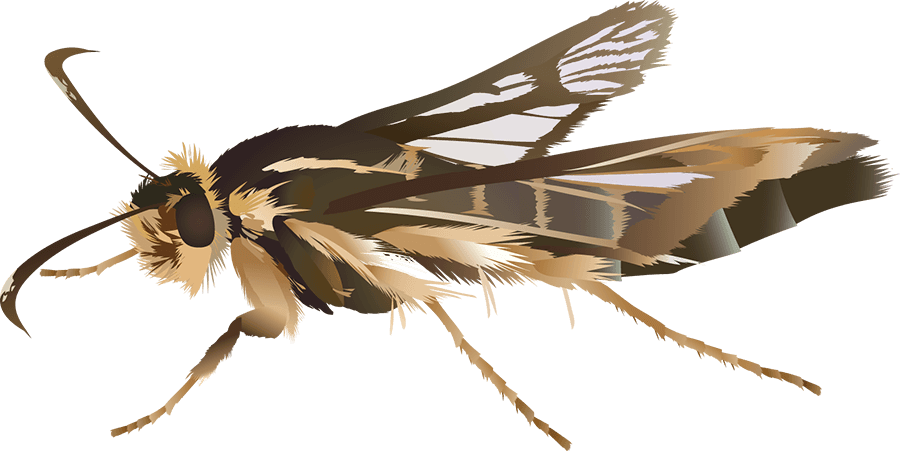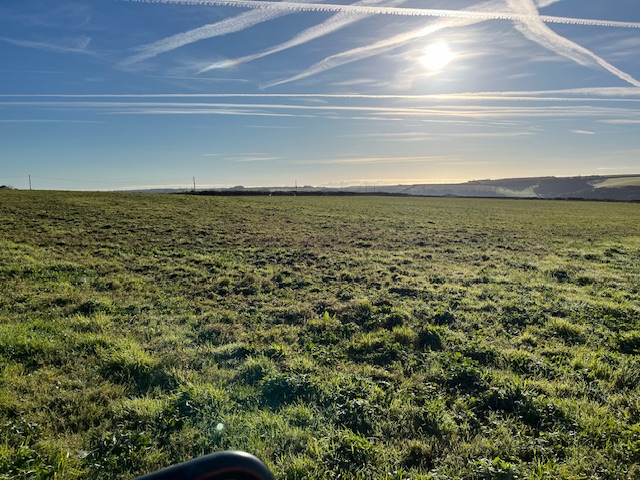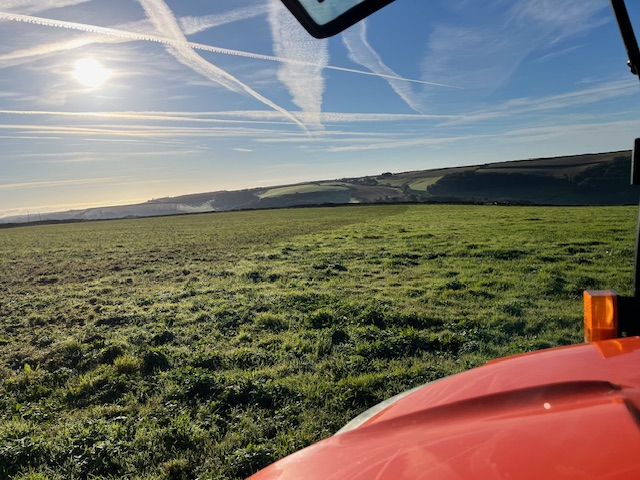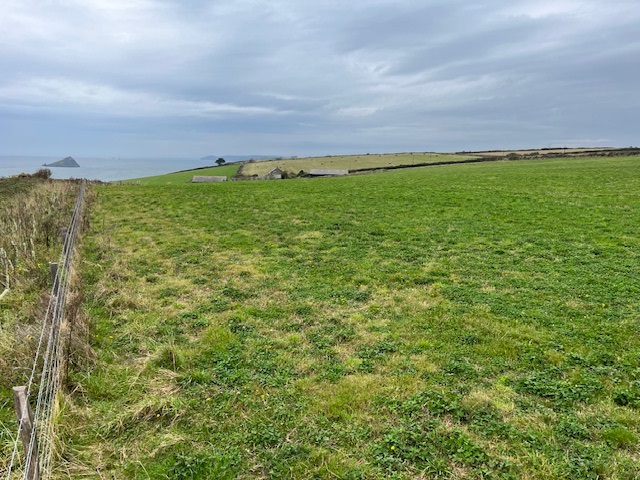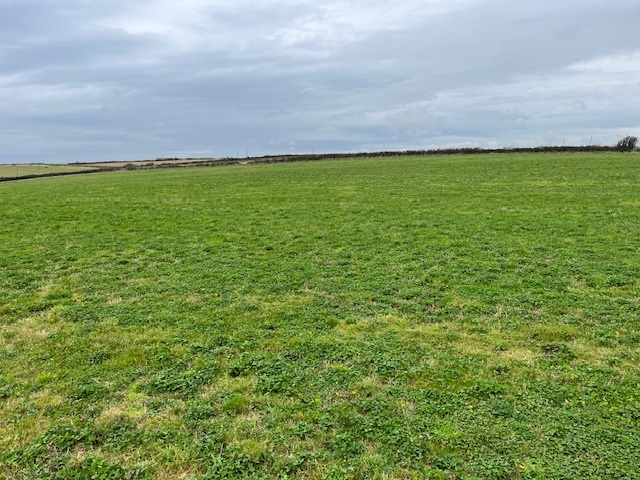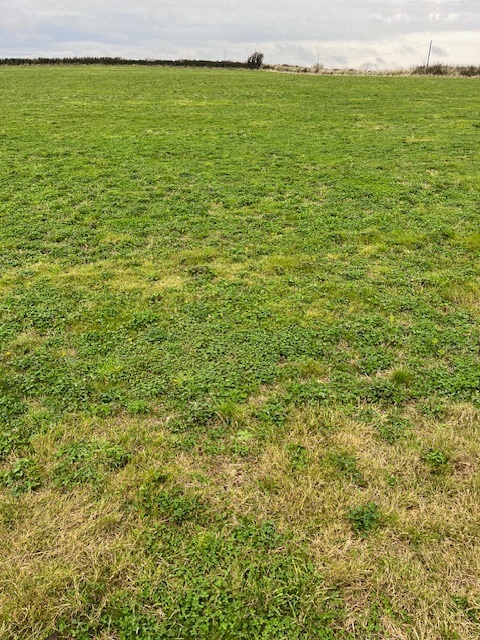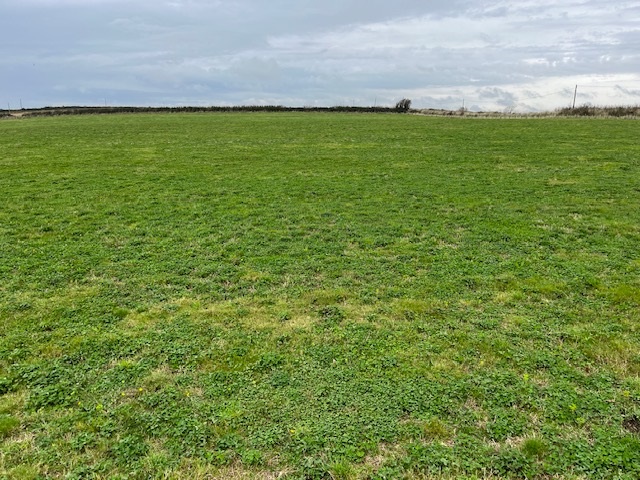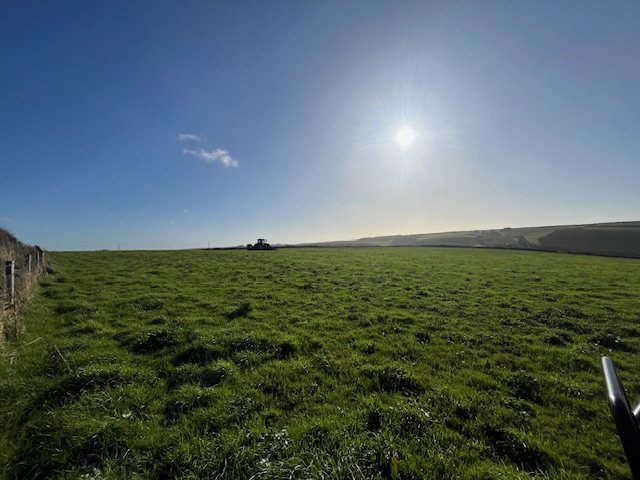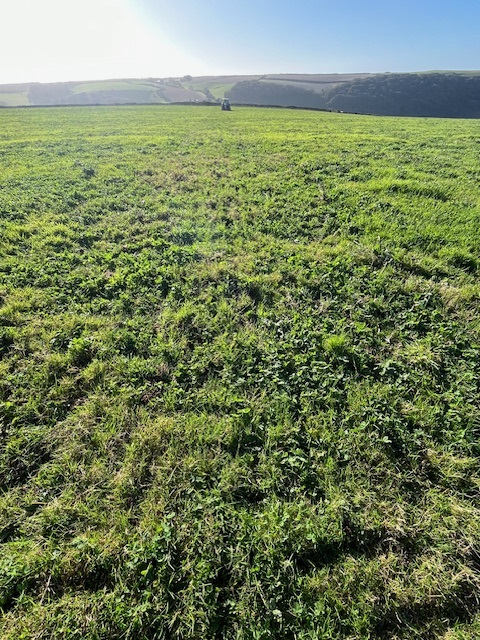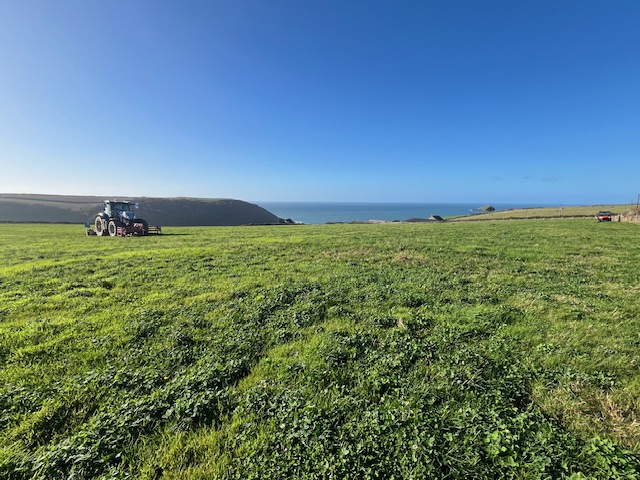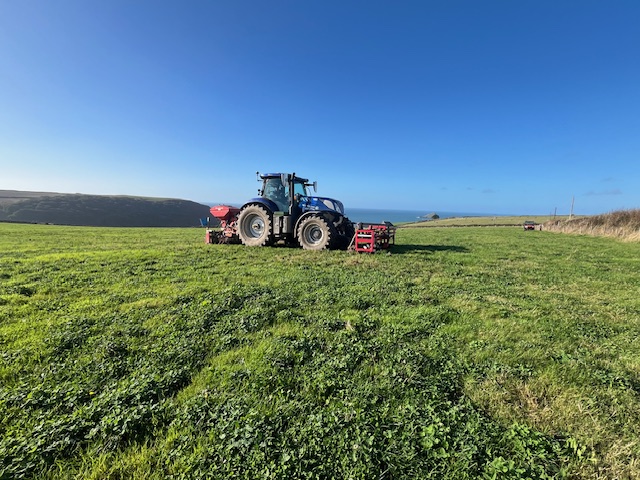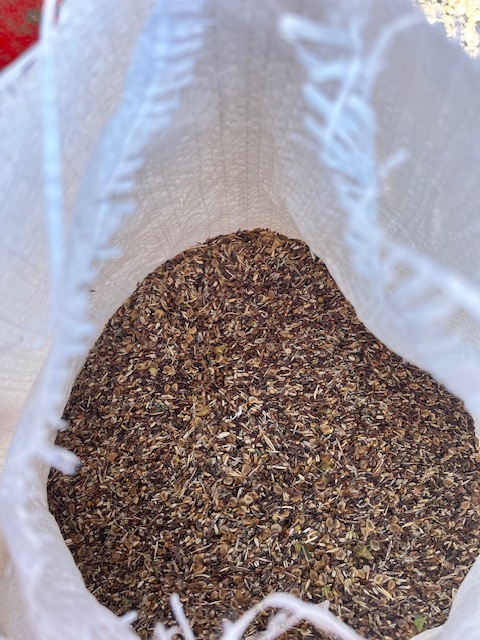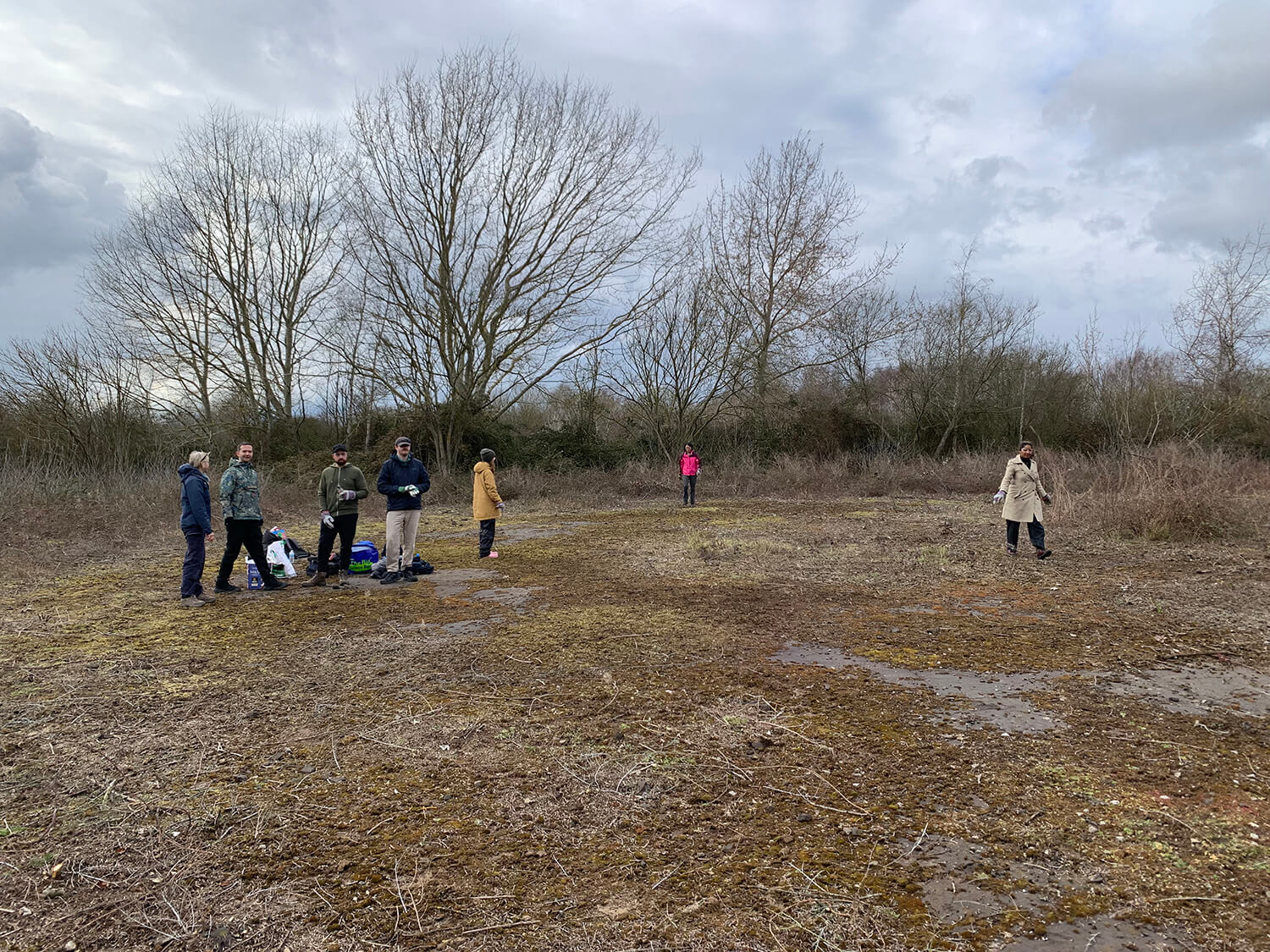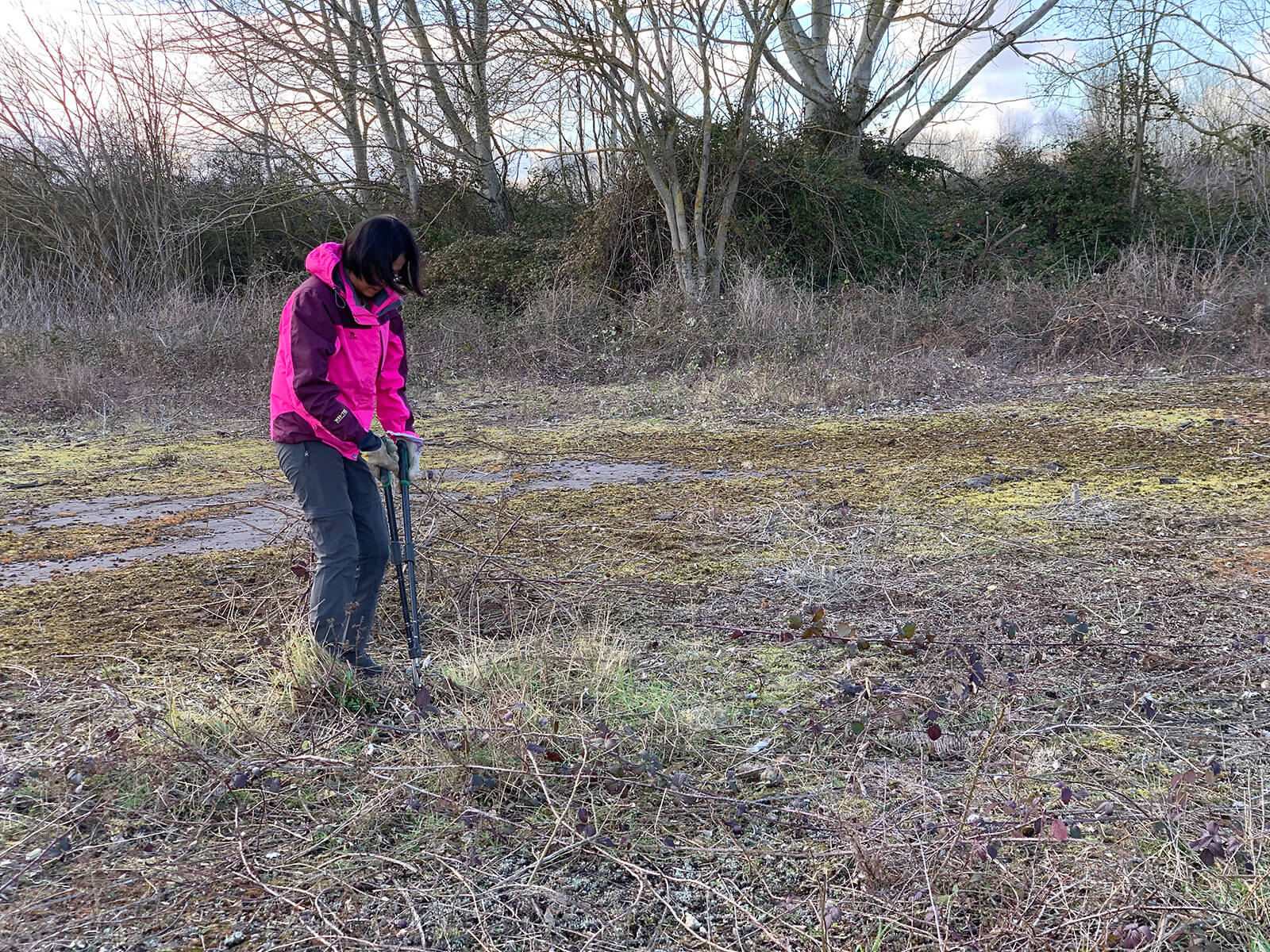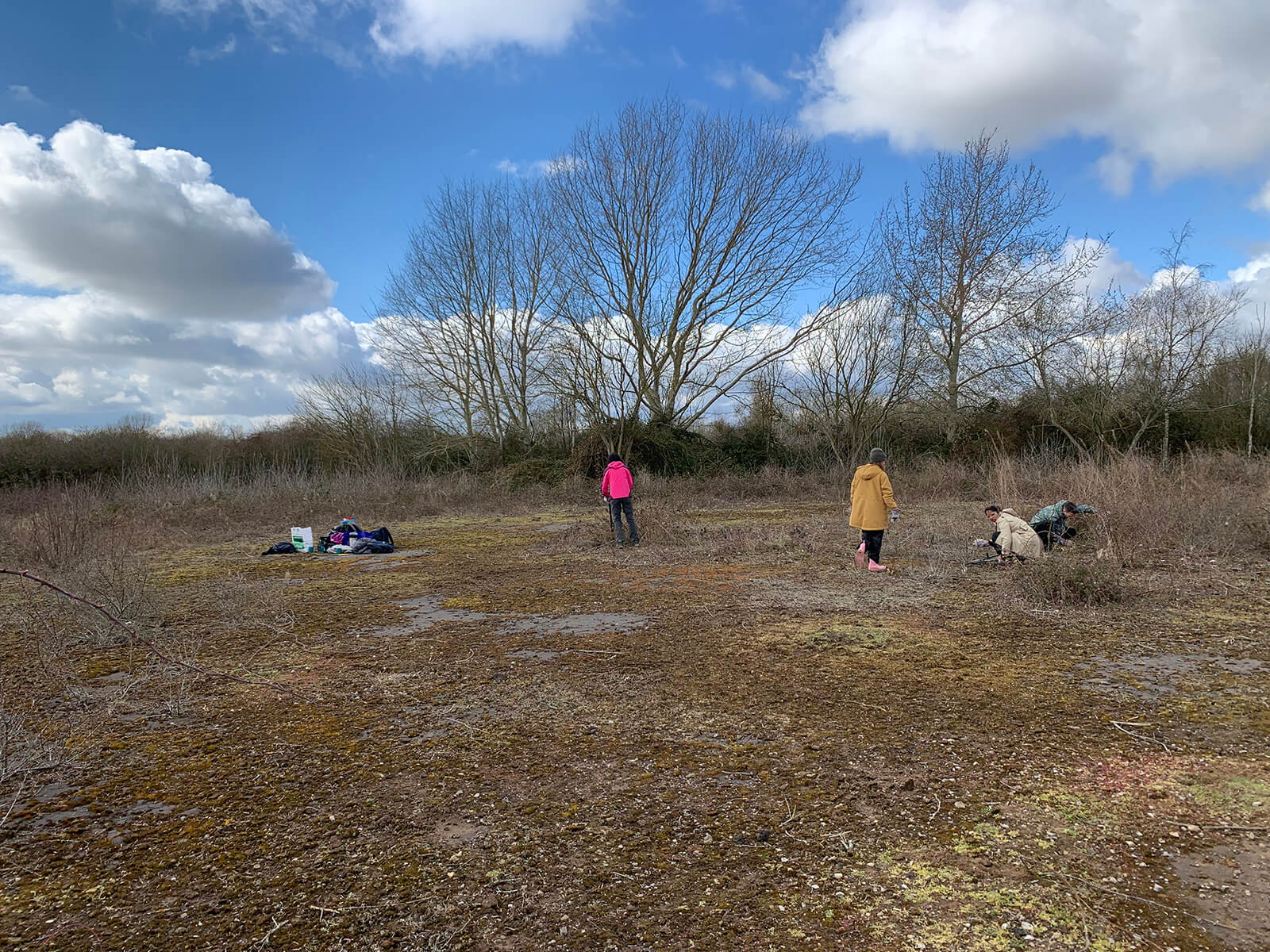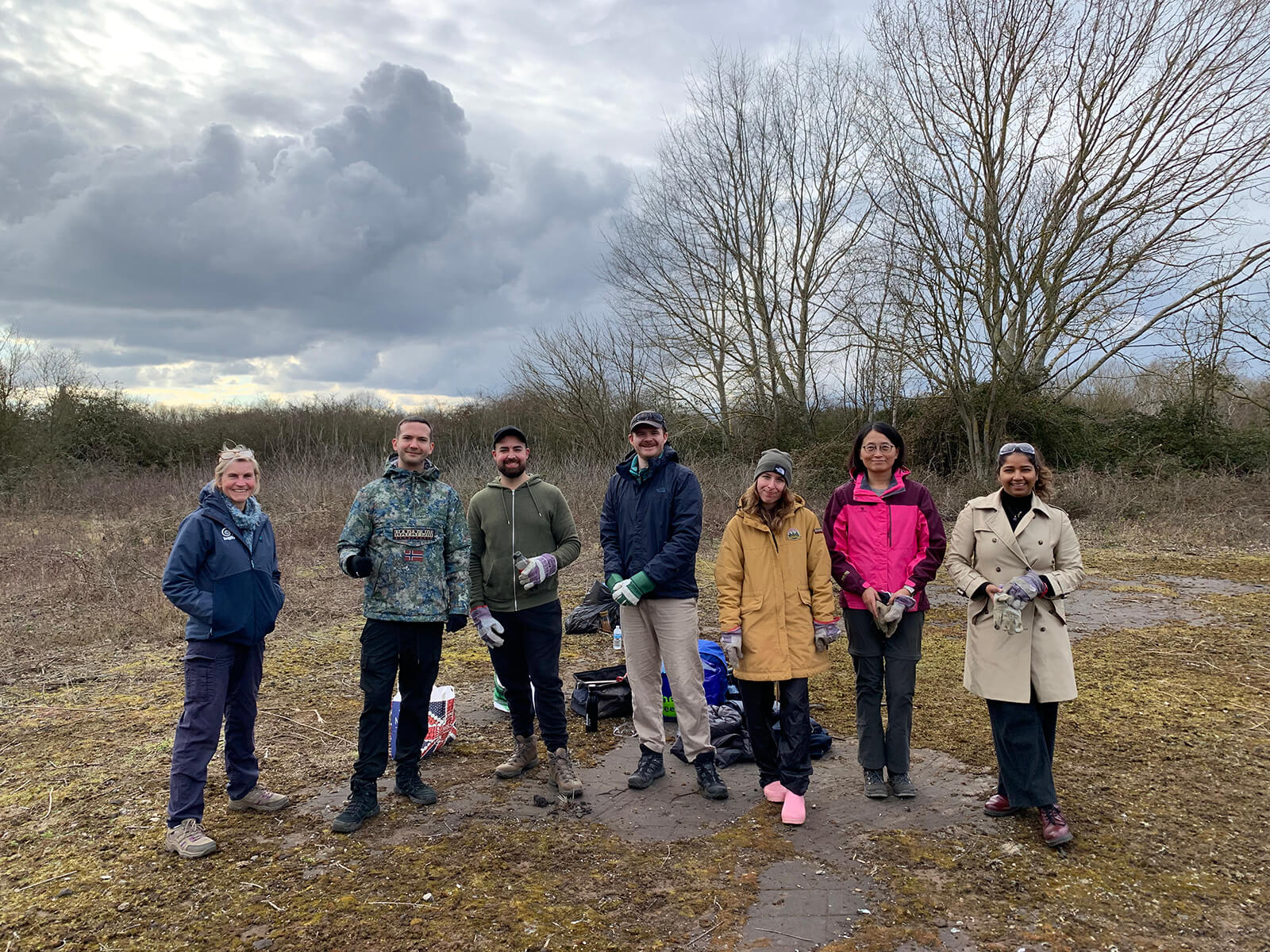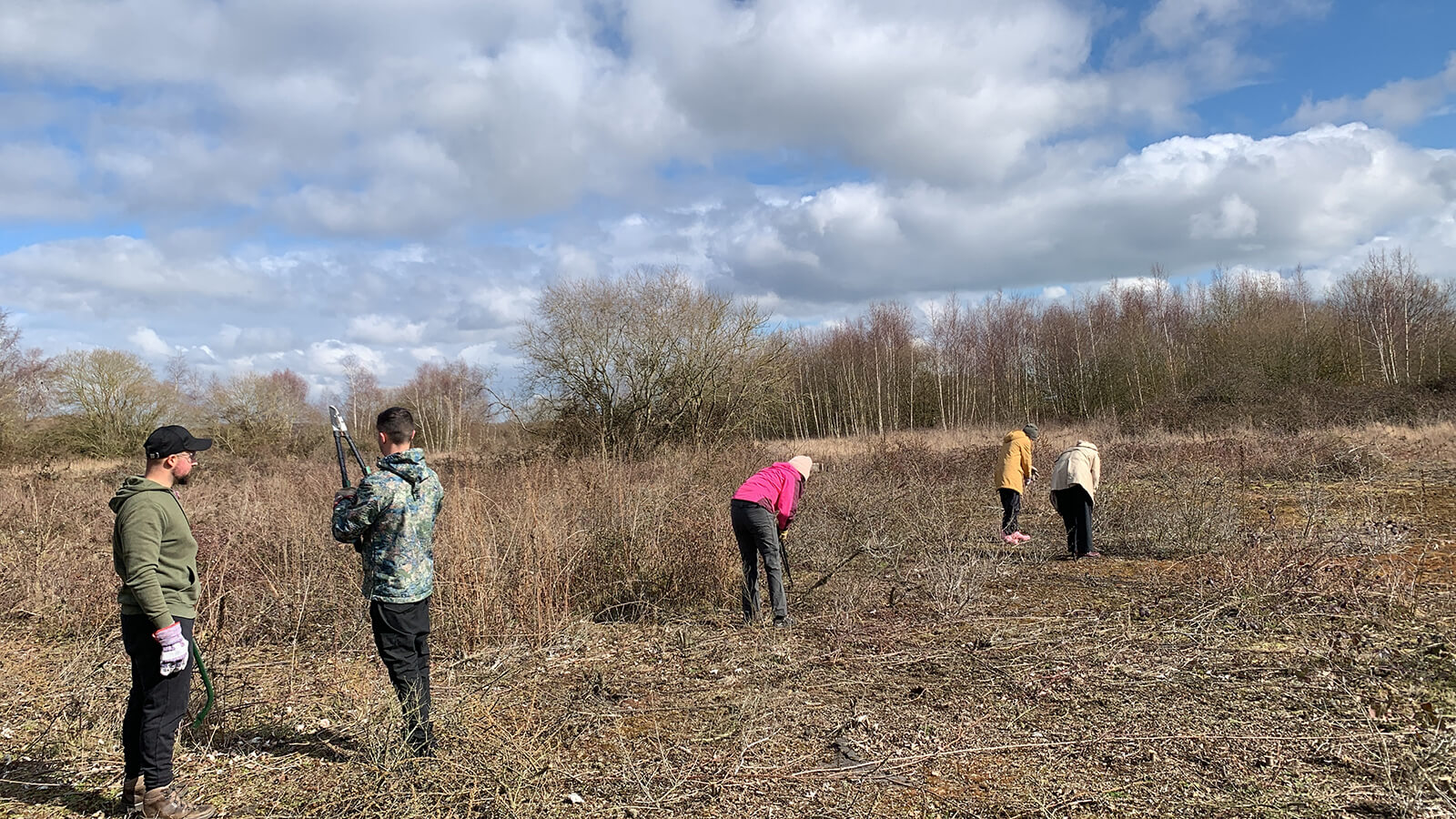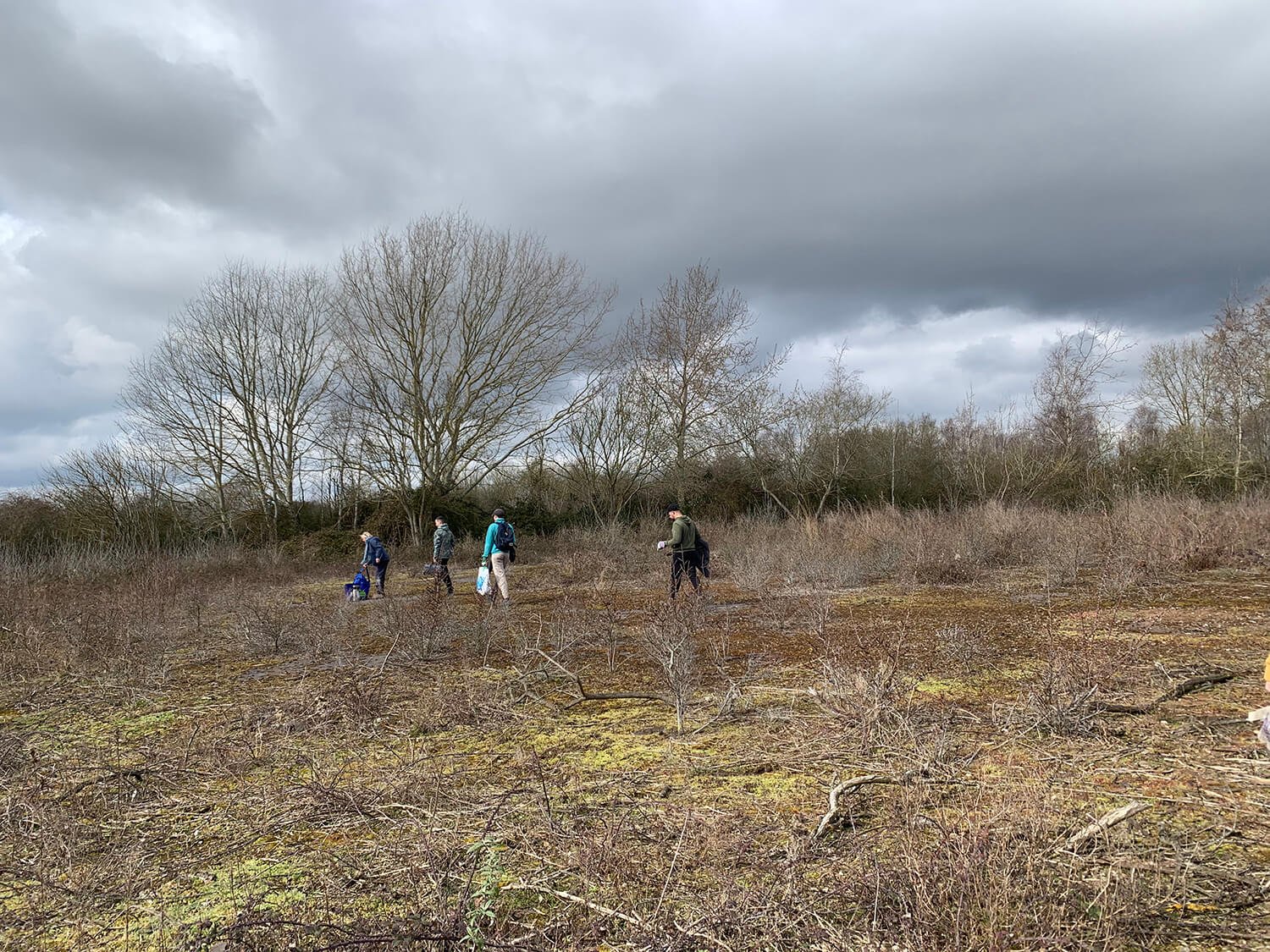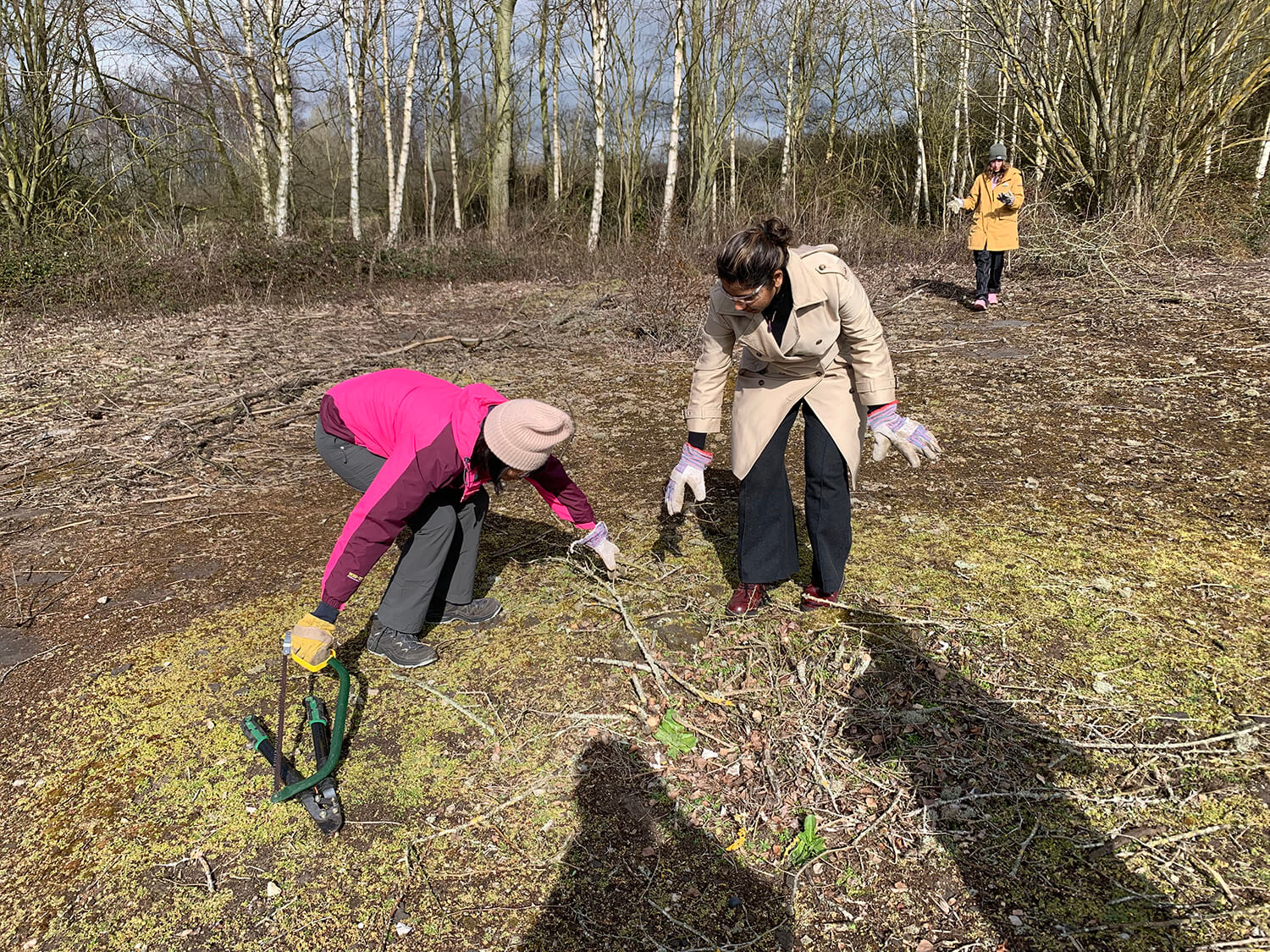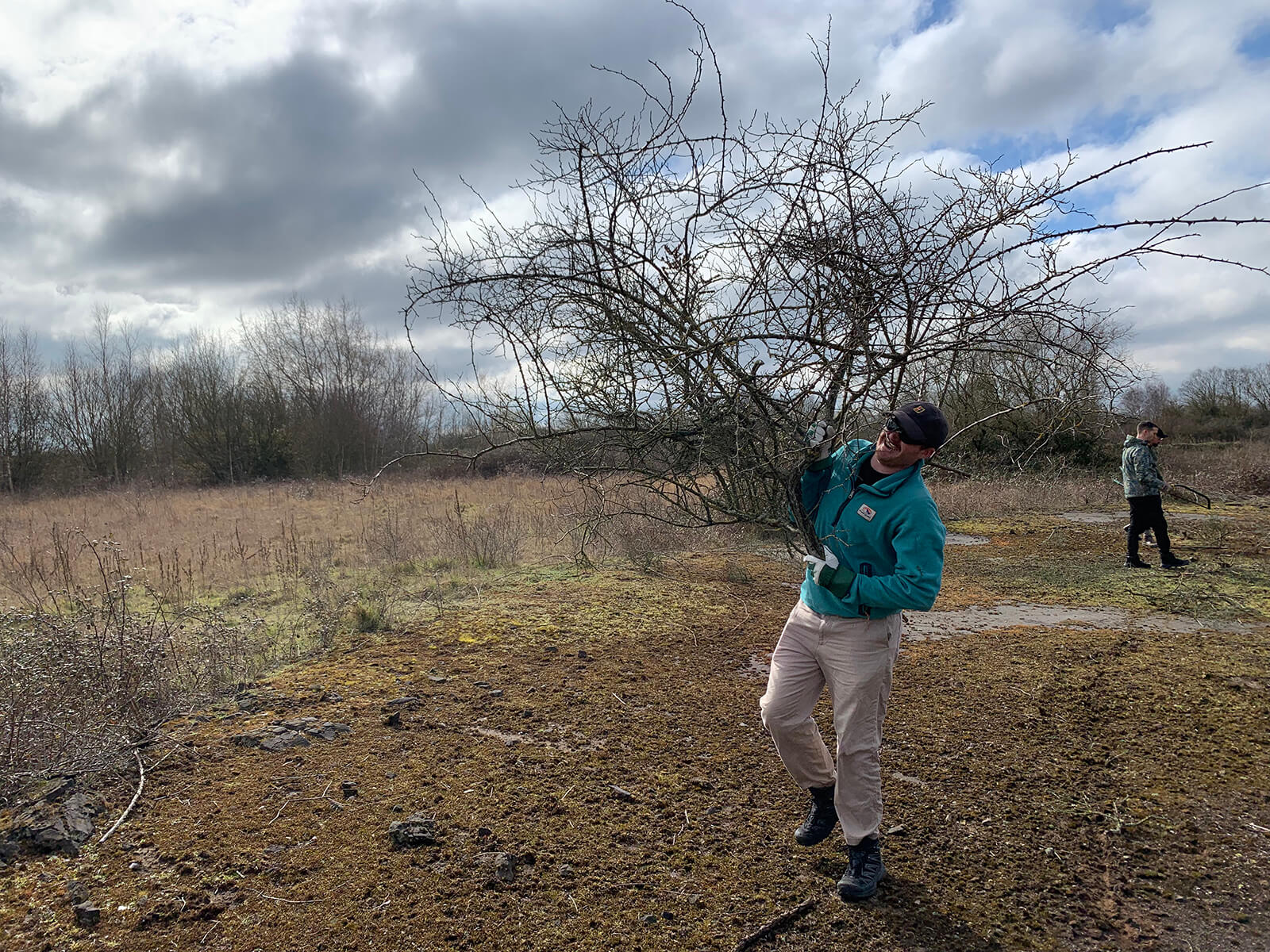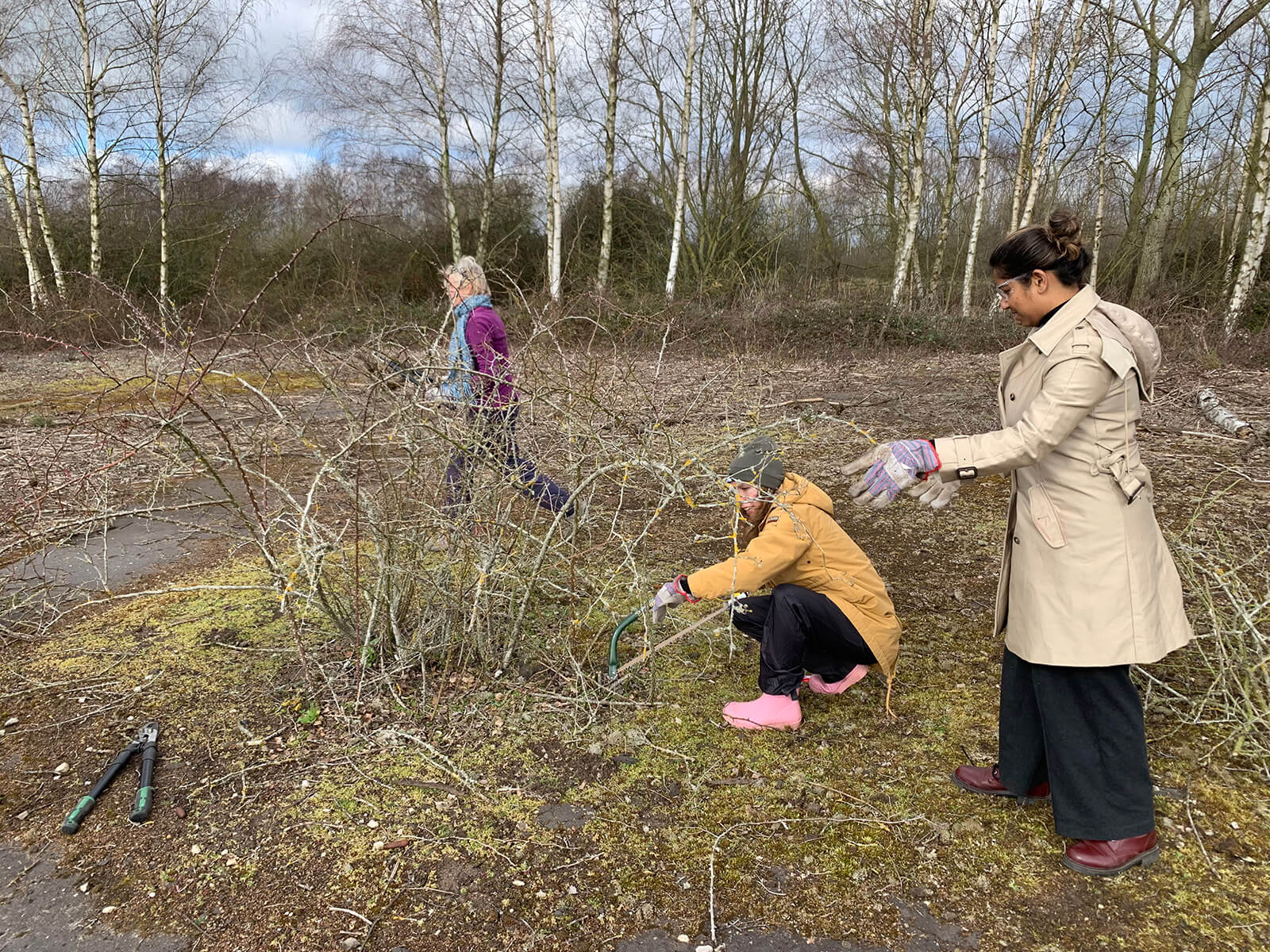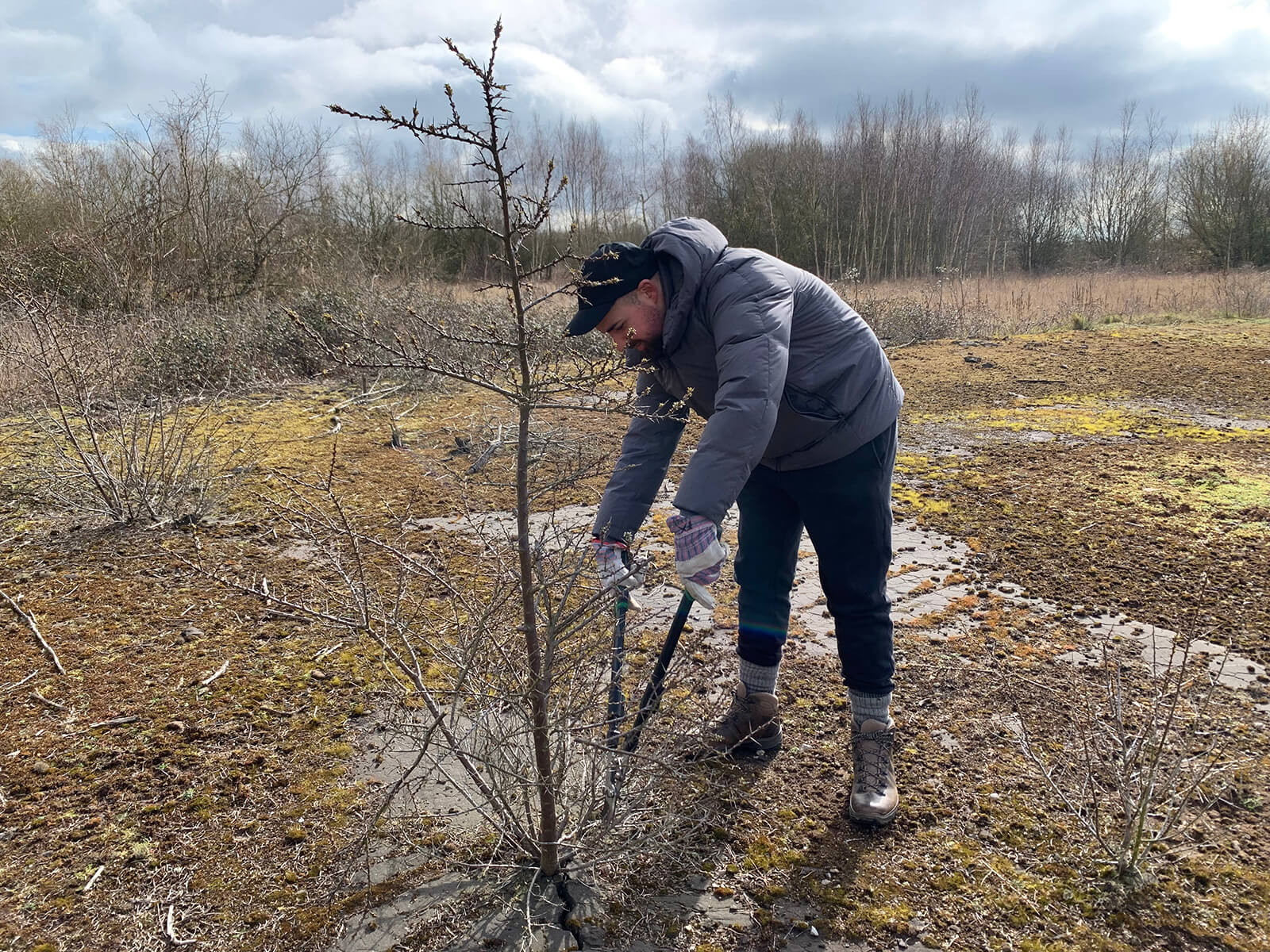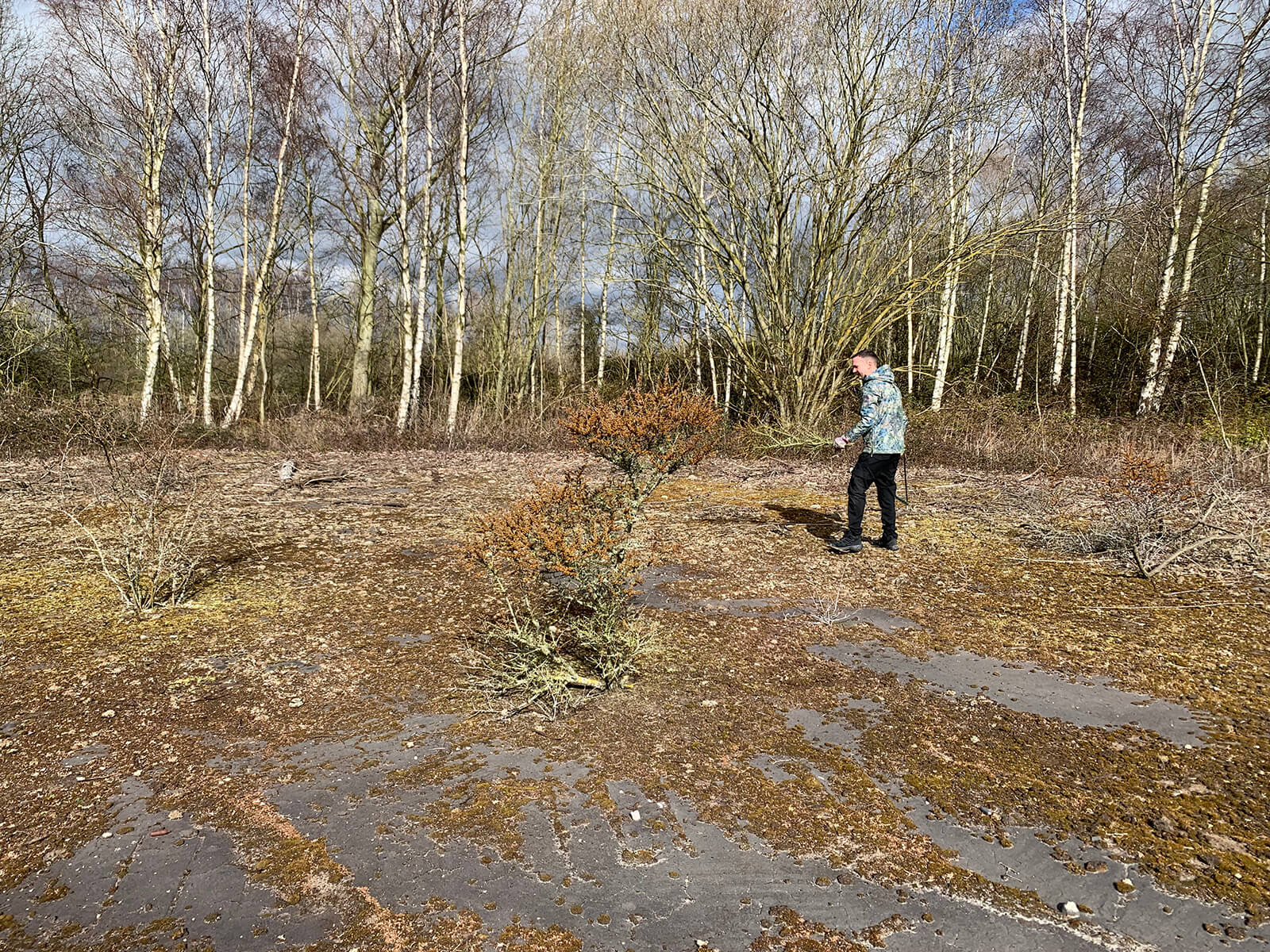GoCardless supported the planting of 3 hectares of wildflowers in the UK in 2024-25
GoCardless has taken action to restore one of the rarest habitats in the UK: wildflower meadows. They're essential for the protection and survival of insects around the country, thus a cornerstone of our entire ecosystem and food chain.
Wildflower meadows used to cover large swaths of England but approximately 97% of them have been lost since the 1930's, an area larger than the size of Wales.
Wildflower meadows provide insects with food, shelter and transport links across counties in the UK where biodiversity has been depleted by habitat loss, development, and intensive farming. World leading study, State of Nature confirms the UK as one of the world’s most nature depleted countries, with 1 in 6 of more than 10,000 species assessed (16%) at risk of being lost from Great Britain. Some species, such as the Six-banded Nomad Bee have gone from being found all across southern England, to only being found in Devon.
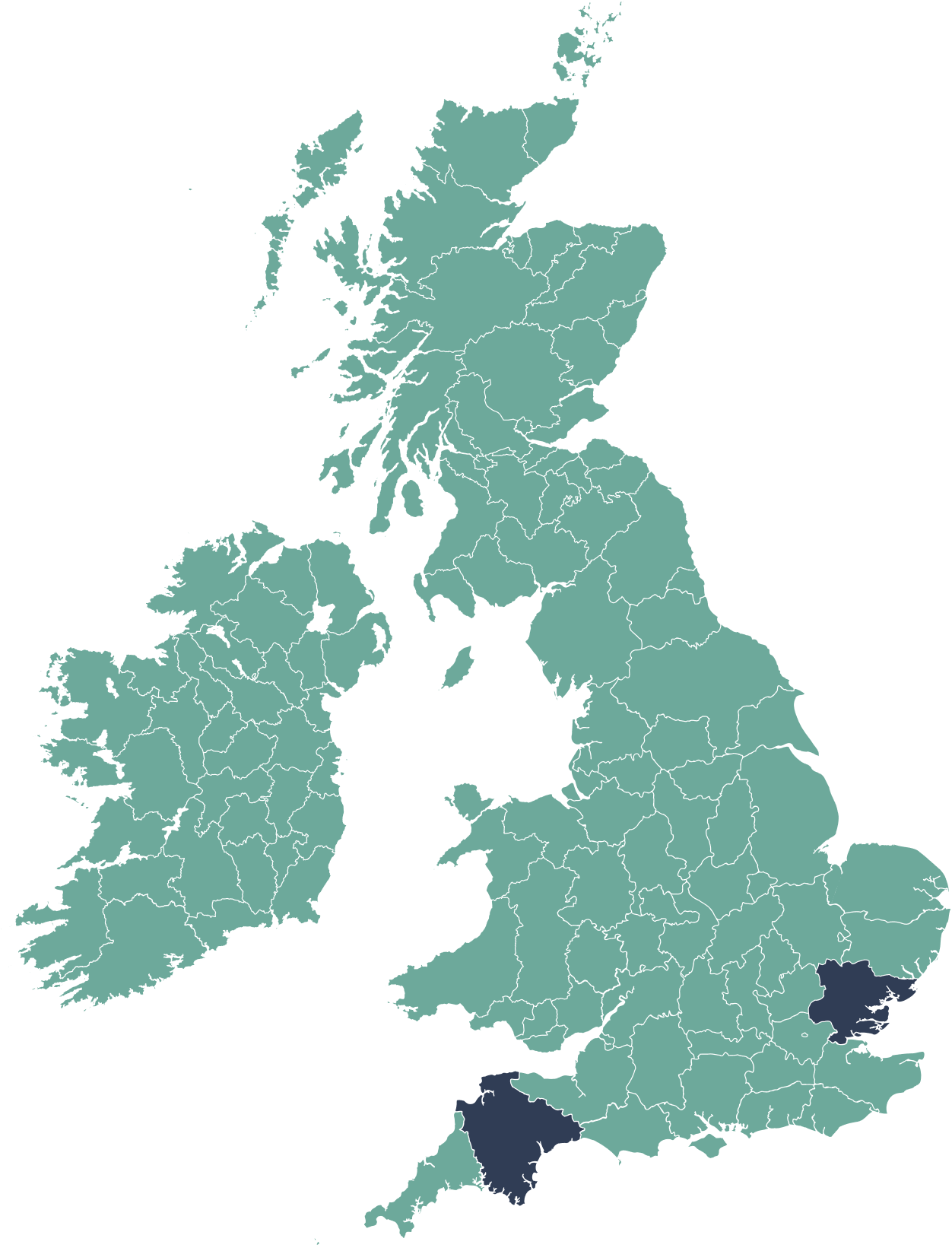
Pollinators are critical to food chains and as such, wildflower meadows provide valuable support for wildlife and all life on earth, including humans. In the words of Kew Gardens, 'The more wildflowers there are, the more diverse pollinators they can support, and the more healthy crops we can grow.'
Our solution is to restore B-Lines - a network of insect pathways along which we are restoring and creating wildflower rich habitat. These pollinator highways created in partnership with GreenTheUK and Buglife will extend across the whole of the UK, allowing wildlife to move freely through our countryside and towns. Rather than covering entire regions in wildflowers, stepping stones of habitat have been created along the network to fulfil their purpose as efficiently as possible. In the event of the collapse of a wildflower habitat, having the B-Lines to provide new habitat and connect them with other wildflower meadows, we can save whole communities of insects from being lost.
Thanks to support from GoCardless, a network of flower-rich pathways that benefits pollinators, other wildlife, and people across the UK has been created.
Wildflower Restoration in Devon (2 hectares)
GoCardless has supported 2 hectares of seeding on Field 39 at Wembury Barton Farm in Devon, which is managed by the National Trust.
Life on the Edge is an exciting project that aims to restore viable populations of some of the UK’s rarest invertebrates and plants living along the South Devon coast between Berry Head and Wembury. Thirty threatened species will be directly supported by the project, including the last known colony of the Six-banded Nomad Bee (Nomada sexfasciata) and the striking Long-horned Bee (Eucera longicornis).
The site is a former arable field that has undergone two years of improvement using herbal leys to enhance soil fertility, following intensive farming that historically occurred there. The field is beside some existing reseeded species-rich grassland, which Life on the Edge is further improving with yellow rattle (Rhinanthus minor), and that field abuts the maritime cliff and slope SSSI that runs from Season Point to Warren Point.
This positioning has two benefits. Firstly, it allows for the natural colonisation of the new grassland to occur from the existing maritime cliff and slope. This effect is evidenced in the field beside the creation site, which is beginning to be colonised by coastal flowering plants. The creation of this species-rich grassland in Field 39 will also allow for coastal invertebrate species, that are currently confined by coastal squeeze, to expand their ranges out and away from the coastline. Our goal is that over the course of Life on the Edge, this site will become part of a 15.75ha species rich grassland that spans throughout NT Wembury Barton.
Wildflower Restoration in Essex (0.25 hectare)
At a critically important nature reserve in Essex, a quarter of a hectare of wildflower meadows was protected and restored by team members from GoCardless in March of 2025. The nature reserve, Canvey Wick, ranks among the most wildlife-rich nature reserves in the country. As a brownfield site and a Site of Special Scientific Interest (SSSI), combined with distinctive sandy soil, it is the perfect environment for a vast amount of wildlife and is home to species rarely found elsewhere.
As such an important site, maintaining it is extremely important to avoid certain plant species becoming too dominant and crowding out other important species. One of these domineering plants is Sea Buckthorn. The team from GoCardless was tasked with clearing it out, as it had become too widespread and was not only damaging other species, but destroying basking spots for reptiles, insects, and small mammals. Thanks to their work, large swathes of Sea Buckthorn were safely removed by hand to avoid damaging nearby plantlife, ensuring the health of the meadows for another few seasons.
Wildflower Restoration in Devon (0.75 hectares)
GoCardless has supported vital habitat restoration within the Brownstone to Berry Head Hotspot, an area recognised as an Important Invertebrate Area due to its nationally and internationally significant invertebrate populations and high-quality habitats. This work forms part of Buglife’s Life on the Edge project - an ambitious partnership focused on restoring viable populations of some of the UK’s rarest invertebrates and plants along the South Devon coast, including thirty threatened species such as the last known colony of the Six-banded Nomad Bee (Nomada sexfasciata) and the striking Long-horned Bee (Eucera longicornis).
The restoration site supported by GoCardless borders semi-improved, species-rich grassland and lies close to the mouth of the River Dart, adjacent to the maritime cliff and slope priority habitat actively managed by Buglife. This distinctive mix of hard and soft rock coastal cliffs, sloping grasslands, and wildflower-rich clifftops creates a mosaic of microhabitats that are exceptionally valuable for invertebrates and form a crucial part of the wider B-Line network that Life on the Edge is working to expand and reconnect.
These coastal environments support an impressive suite of species, including the Mediterranean oil beetle (Meloe mediterraneus), great green bush-cricket (Tettigonia viridissima), grey bush-cricket (Platycleis albopunctata), hornet robberfly (Asilus crabroniformis), and black oil beetle (Meloe proscarabaeus). Many of these species rely on high-quality, connected grassland networks for feeding, breeding, and overwintering - networks that Life on the Edge aims to enhance through large-scale grassland creation and restoration across its South Devon hotspots.
By contributing to the enhancement of this ecologically rich landscape, GoCardless is supporting the long-term resilience of these priority species and strengthening one of South Devon’s most important biodiversity hotspots, helping ensure these rare and vulnerable invertebrates can thrive for generations to come.
Wildflowers & Grasses Planted

UN's Sustainable Development Goals
As a GreenTheUK partner, you support projects that are in line with the UN Sustainable Development Goals.

Take urgent action to combat climate change and its impacts.

Sustainably manage forests, combat desertification, halt and reverse land degradation, halt biodiversity loss.


































